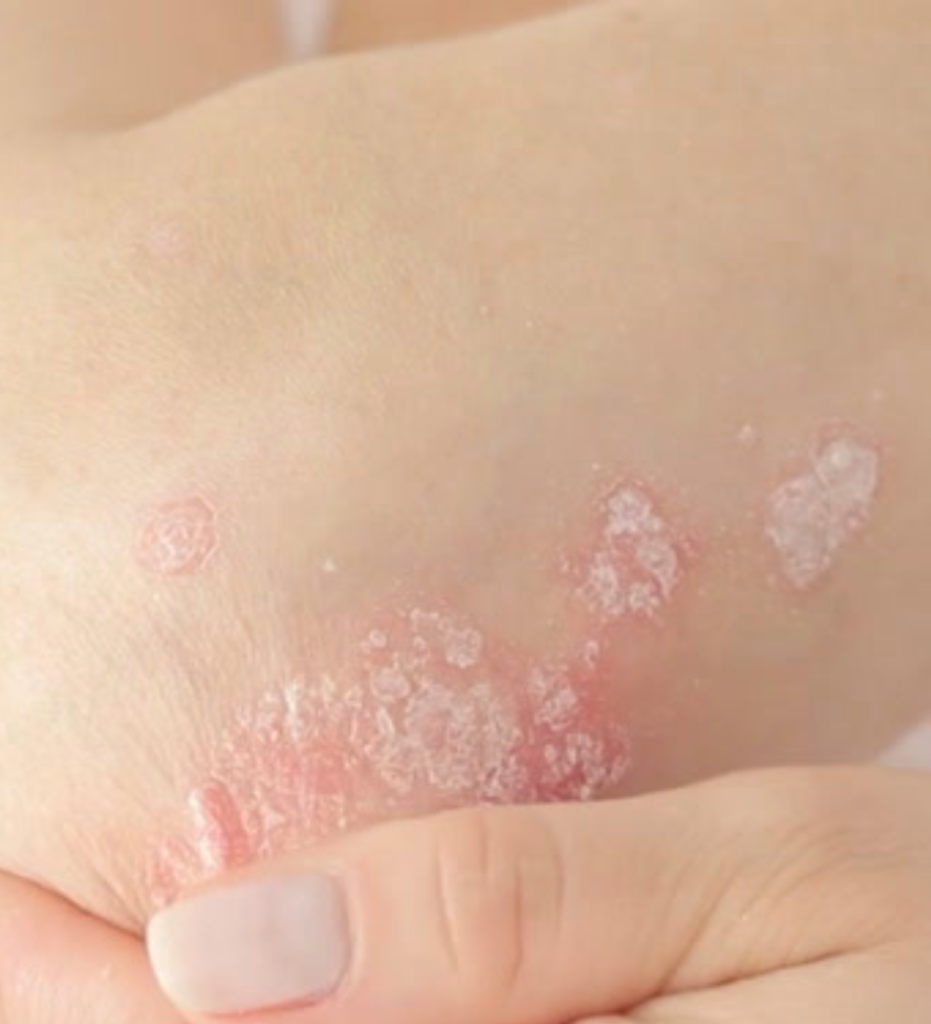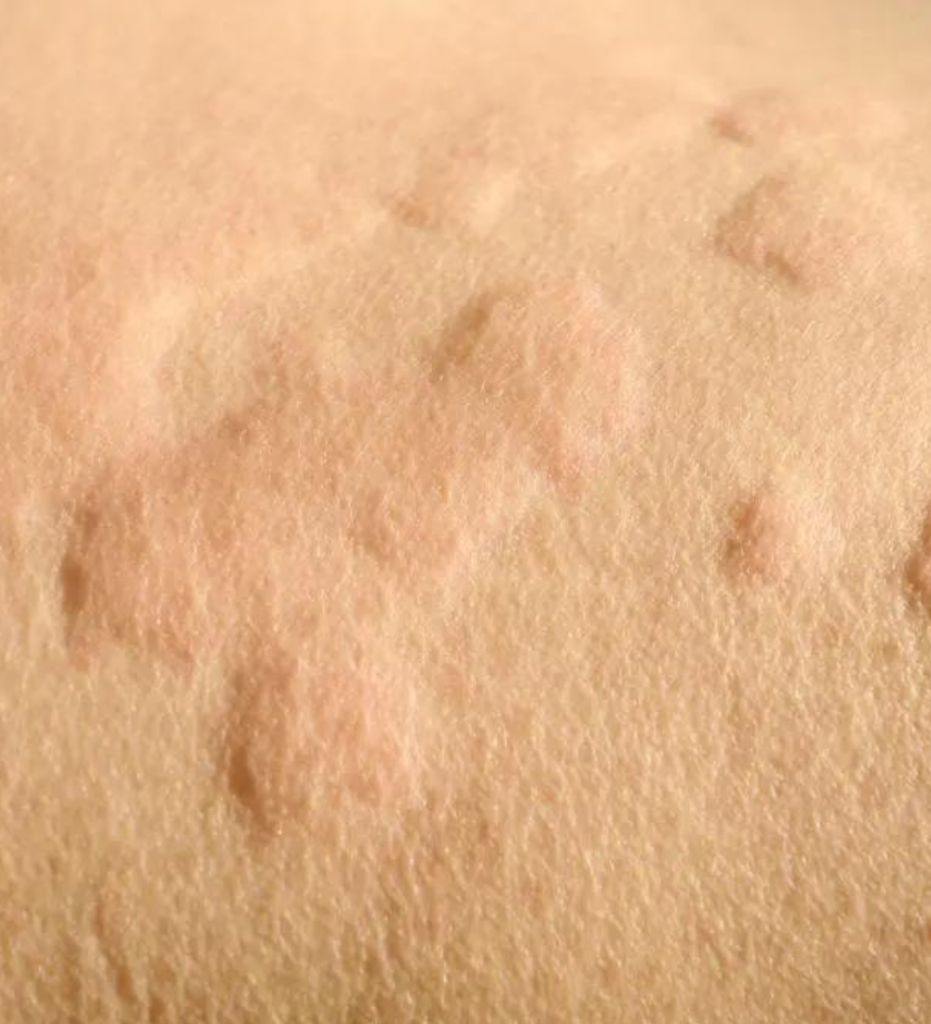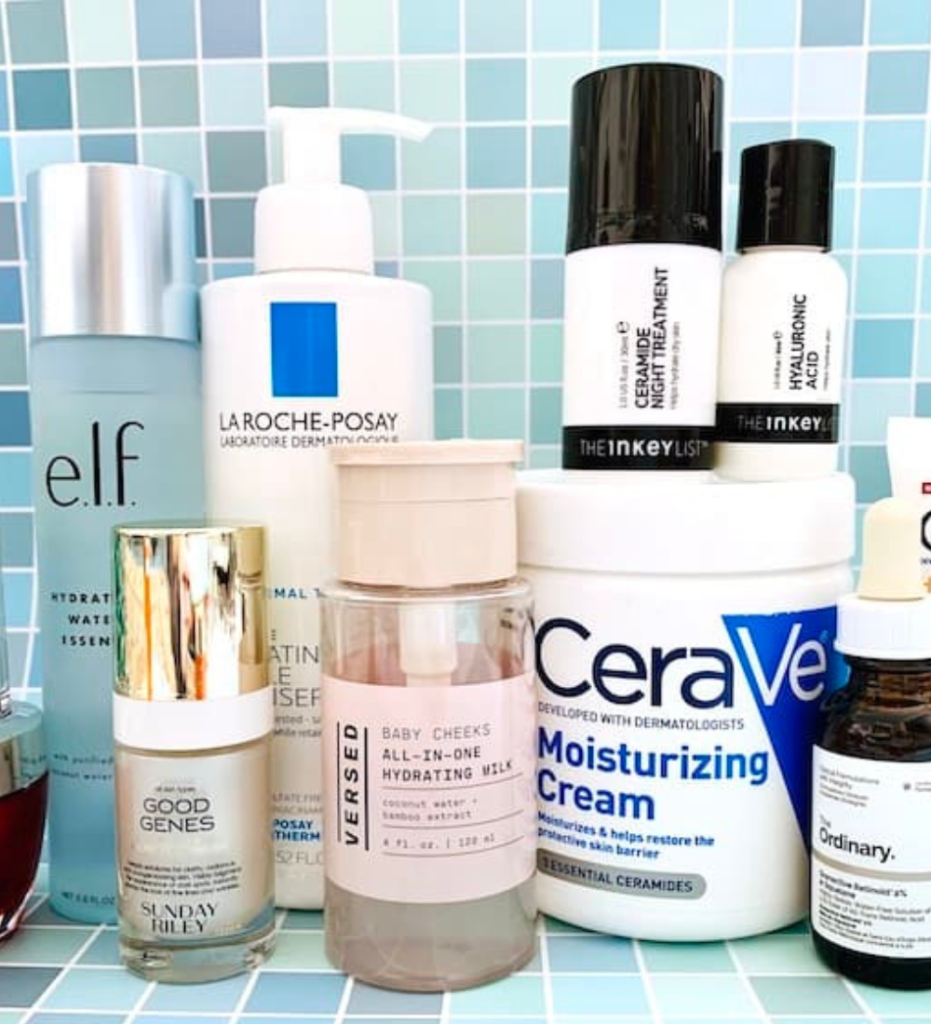Dry skin, also known as xerosis, is a common skin condition that affects millions of people worldwide. It occurs when the skin lacks sufficient moisture, resulting in a rough, flaky, and sometimes itchy texture. While dry skin can affect anyone, certain factors can increase the likelihood of experiencing this issue. In this article, we’ll delve into the causes, symptoms, and effective remedies for dry skin, helping you achieve healthier and more radiant skin.
Understanding Dry Skin
What is Dry Skin?

Dry skin occurs when the outermost layer of the skin, known as the stratum corneum, loses its ability to retain moisture effectively. This can lead to a variety of uncomfortable symptoms and may even compromise the skin’s natural barrier function.
Importance of Skin Moisture
Maintaining adequate skin moisture is crucial for overall skin health. Properly hydrated skin not only feels smooth and supple but also functions as a barrier against external irritants and harmful microorganisms.
Causes of Dry Skin
Environmental Factors

Exposure to harsh weather conditions, such as cold air and low humidity, can strip the skin of its natural oils, leading to dryness and irritation.
Dehydration

A lack of proper hydration can significantly impact skin health. When the body is dehydrated, the skin is among the first organs to show signs of distress.
Harsh Skincare Products

Using cleansers and skincare products that contain harsh chemicals or fragrances can disrupt the skin’s natural balance, contributing to dryness.
Underlying Medical Conditions
Certain medical conditions like eczema, psoriasis, and thyroid disorders can make individuals more prone to dry skin.
Symptoms of Dry Skin
Flakiness and Scaling

One of the hallmark signs of dry skin is the presence of flaky, rough patches that may peel or scale.
Itching and Irritation

Dry skin is often accompanied by itching and irritation, which can be uncomfortable and may lead to scratching, further aggravating the condition.
Redness and Inflammation
In some cases, dry skin can become red and inflamed, causing additional discomfort and affecting one’s overall appearance.
Skincare Routine for Dry Skin
Gentle Cleansing

Opt for mild, fragrance-free cleansers that cleanse the skin without stripping away its natural oils.
Hydration Is Key
Incorporate products containing hyaluronic acid or glycerin to attract and retain moisture within the skin.
Moisturize Regularly
Apply a rich, nourishing moisturizer daily, preferably after bathing, to lock in moisture and create a protective barrier.
Sun Protection
Always use sunscreen to shield your skin from the sun’s harmful UV rays, as sun exposure can exacerbate dryness.
Natural Remedies
Coconut Oil
Coconut oil is a natural emollient that can effectively moisturize and soothe dry skin when applied topically.
Oatmeal Baths
Taking oatmeal baths can provide relief from itching and irritation associated with dry skin, thanks to oatmeal’s anti-inflammatory properties.
Honey
Honey’s antimicrobial and humectant properties make it a beneficial addition to your skincare routine for addressing dryness.
Aloe Vera
Aloe vera gel can help hydrate and calm dry, irritated skin due to its soothing and moisturizing properties.
Over-the-Counter Treatments
Creams and Lotions
Choose creams or lotions containing ingredients like ceramides, shea butter, or urea to effectively moisturize and repair the skin barrier.
Humectant Serums
Serums with humectant ingredients like hyaluronic acid attract and retain moisture, promoting hydrated and plump skin.
Exfoliating Products
Use gentle exfoliants to remove dead skin cells, allowing moisturizers to penetrate more effectively.
Lifestyle Changes
Stay Hydrated
Drinking an adequate amount of water throughout the day can help maintain overall skin hydration.
Humidify Your Environment
Using a humidifier in your living space can add moisture to the air and prevent your skin from drying out.
Choose Skin-Friendly Fabrics
Opt for soft, natural fabrics like cotton, which reduce friction and irritation on the skin.
When to Seek Medical Help
Persistent Discomfort
If your dry skin symptoms persist despite using over-the-counter remedies, it’s advisable to consult a dermatologist.
Skin Infections
Dry skin can create an entry point for bacteria, increasing the risk of skin infections. If you notice signs of infection, seek medical attention promptly.
Conclusion
Incorporating a proper skincare routine and making a few lifestyle changes can go a long way in managing and preventing dry skin. By understanding the causes, recognizing the symptoms, and implementing effective remedies, you can achieve healthier, more radiant skin. Remember that everyone’s skin is unique, so it may take some trial and error to find the best regimen for you.
FAQs
- Can dry skin be genetic?
Yes, genetics can play a role in determining your skin type and its predisposition to dryness. - Is it necessary to use expensive moisturizers?
No, expensive moisturizers are not always necessary. Look for products with effective ingredients that suit your skin type. - Can diet affect dry skin?
Absolutely. A diet rich in essential fatty acids, vitamins, and hydration can contribute to better skin health. - Can excessive washing worsen dry skin?
Yes, excessive washing can strip the skin of its natural oils, worsening dryness. Stick to gentle cleansing. - Are there specific soaps to avoid for dry skin?
Fragrant and harsh soaps should be avoided, as they can further dry out and irritate the skin.

